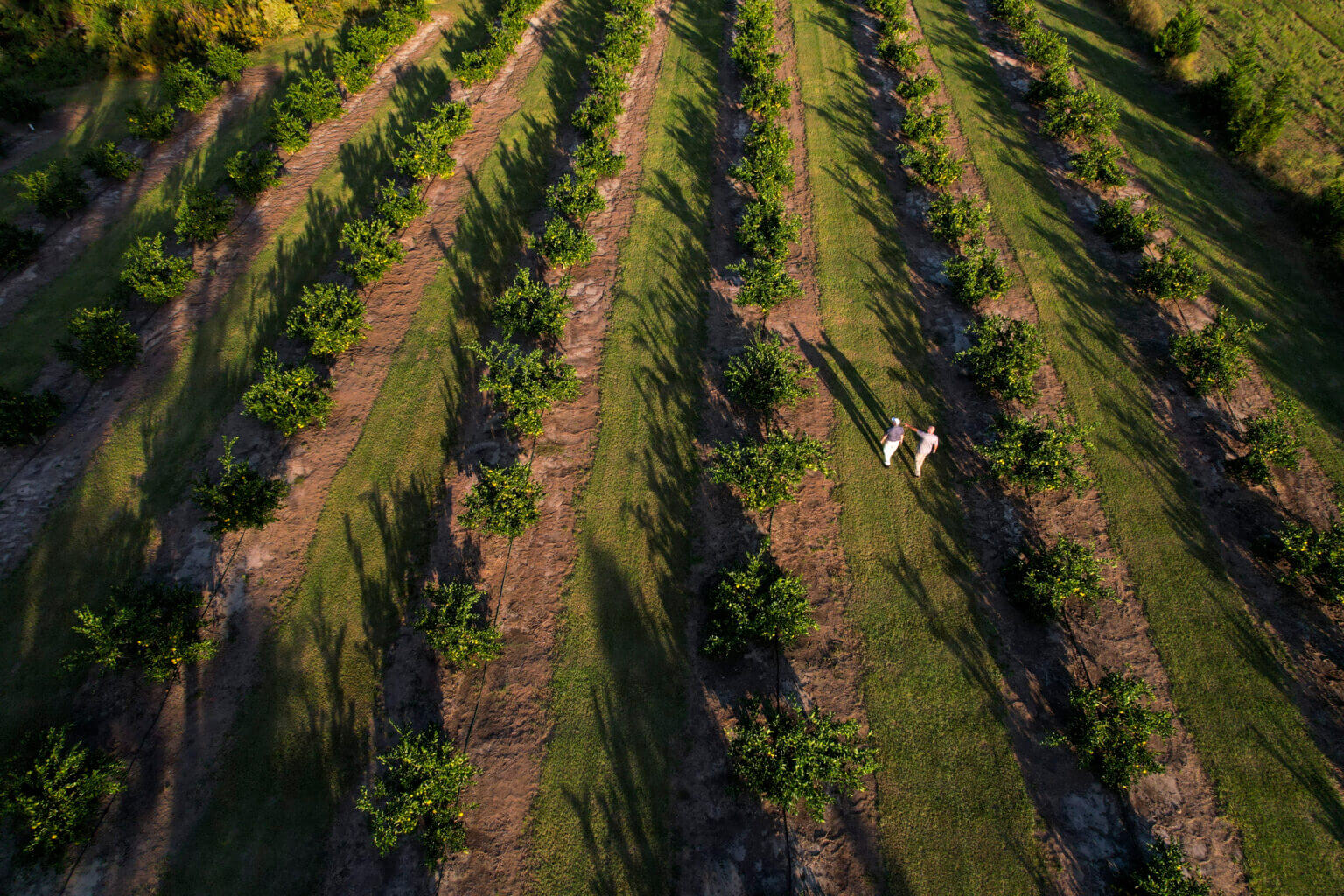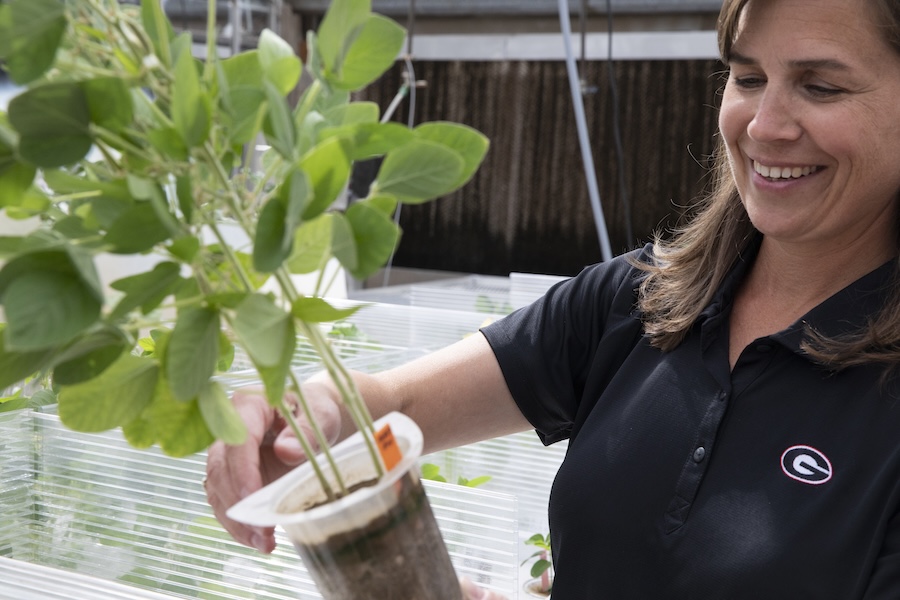By Brad Haire
University of Georgia
"This year will certainly be a transition year for Georgia tobacco growers," said J. Michael Moore, an Extension Service tobacco agronomist with the UGA College of Agricultural and Environmental Sciences.
Last fall, the federal government ended the tobacco quota program that began in the 1930s. Under the program, only a certain amount of tobacco could be grown each year in the United States. It helped farmers receive consistent prices and guaranteed tobacco companies a supply.
Through a buyout, tobacco companies will pay about $10 billion in compensation to U.S. farmers over the next 10 years for the end of this program. It's something most farmers wanted.
The buyout and an uncertain future prompted most of the farmers leaving Georgia tobacco, said Moore, who has coordinated and attended farmer meetings across Georgia and the Southeast.
Tobacco acreage will be down in Georgia, too, but not as much as previously thought, he said. Last year, Georgia had 23,500 acres. This year, an estimated 20,000 acres will be planted in south-central Georgia, the traditional growing region.
The remaining farmers will now contract their crop directly with tobacco companies. Many have been doing it for several years, Moore said. The average price for tobacco last year was $1.85 per pound. Contracts this year are about 35 cents to 40 cents below that. This is close to the break-even level for many growers.
Under the contract system, tobacco companies will grade farmers on how good and how consistent their crops are each year, he said. A farmer with poor grades may not get contracts in the future.
Georgia has historically had good-quality tobacco. But disease problems loom over the crop each year. The tomato spotted wilt virus has damaged as much as half the crop in recent years. Farmers go into each year thinking the virus will infect 20 percent to 30 percent of the crop, Moore said.
To help farmers deal with the virus, Moore and UGA plant pathologist Paul Bertrand have released a TSWV management plan. It recommends certain chemicals, planting dates and other things to help farmers deal with the disease.
Georgia farmers will begin to transplant small plants into fields next month, Moore said. But finding these plants has been a problem this year. Because of the uncertain future, several tobacco transplant growers didn't grow any. And orders for the ones that did are tight.
"Some farmers have decided to try one more year," he said, "to see what will happen and how well it will work."
Georgia tobacco is down, but not out, Moore said. Tobacco companies were uncertain how big the U.S. crop would be in 2005. Many contracted with Brazilian farmers to ensure a supply this year.
But once the U.S. tobacco industry settles from this transition year, the companies may want a more stable supply closer to home and increase contracts with U.S. farmers, he said.




.jpg)

